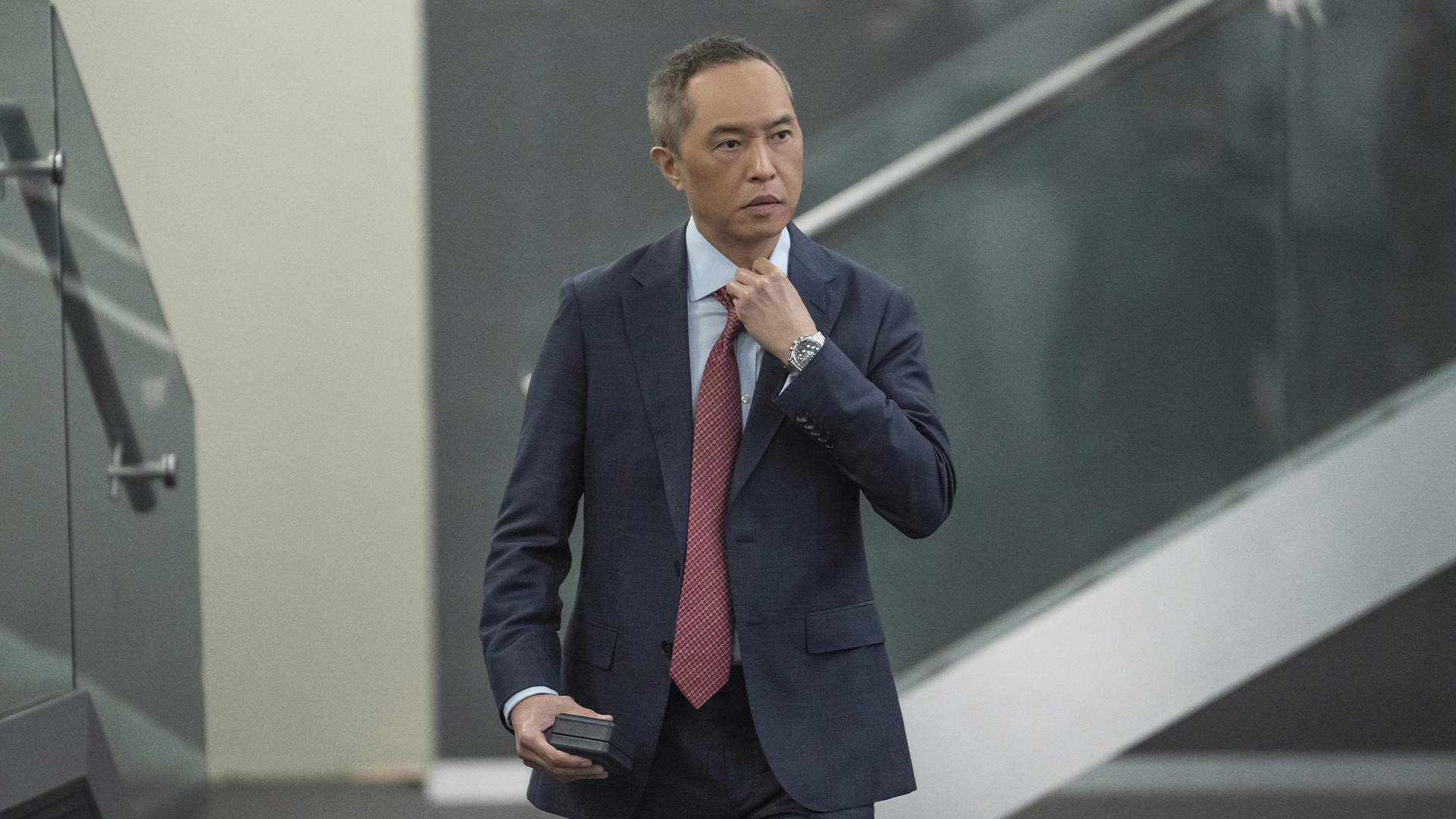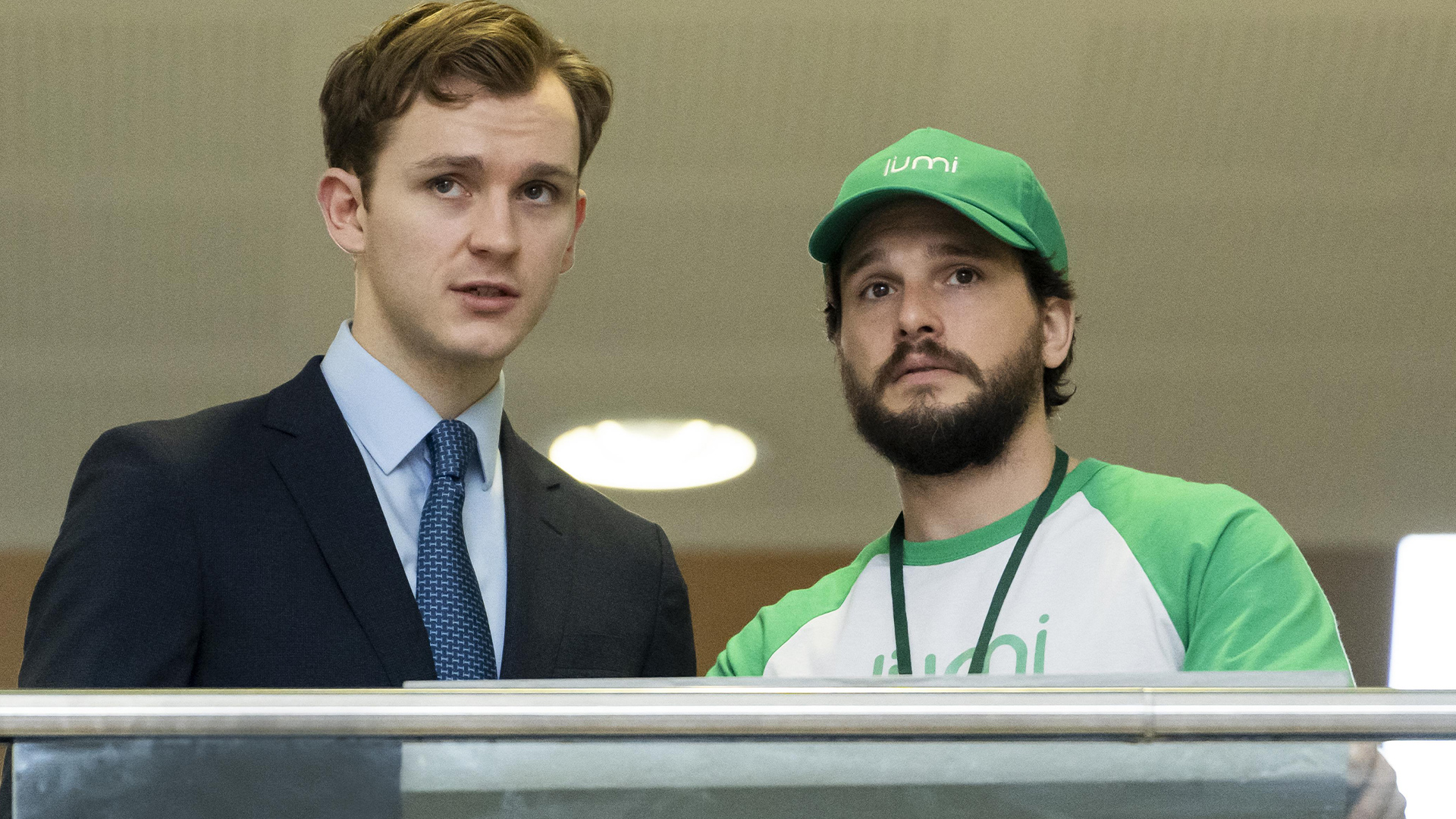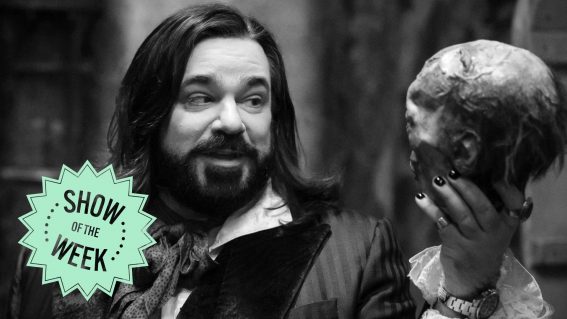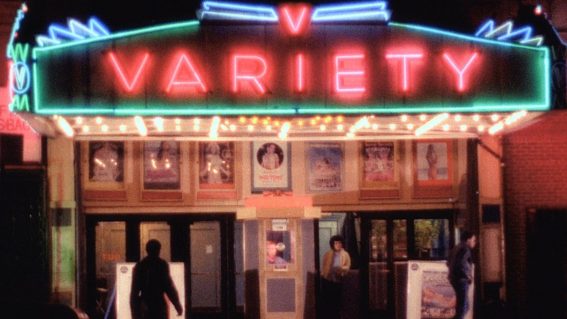Industry’s third season finds an engrossing new way to show the burn of big banking

Green investments are a hot commodity in the latest season of Industry. Having seen the first two episodes, Liam Maguren writes about this engrossing new setup in the HBO big finance series.
Let’s be real: it’s hard to explain how the stock market works. Even understanding the recent worldwide crash requires knowing a bit about Big Tech and the hazardous hype surrounding AI. At the same time, you can’t simplify these subjects, so any financial drama worth its salt needs to dive deep into this complex world and the chaotic culture it cultivates while also being damn entertaining.
For the past four years, HBO’s excellent Industry has been that show. Chucking viewers into the thick of fat-cash investment banking, the series renders this realm of the rich with a compelling cast of characters who either resist or embrace the gravitational pull towards wealth, status, and moral bankruptcy.
Season one turned our bright-eyed first years into bleary-visioned kicking horses while season two saw the survivors feed more slices of their souls into the post-pandemic investment beast. This third season, wrapped around green tech company Lumi run by Sir Henry Muck (Kit Harington), finds a new engrossing way of making viewers feel the financial burn of watching a line go up or down.
Having narrowly avoided total collapse, the London side of investment bank Pierpoint is going all in on this environmentally friendly racehorse. However, the largely white and male brain trust up top are cynical—if not outright damning—about green investments, likening it to a fad. It’s a gross statement to make as we hurtle deeper into the climate crisis; it’ll be straight-up depressing if they end up being correct.
Harper (Myha’la) reckons they’re right, not that her word means much to those at Pierpoint anymore after getting herself fired. Lying low in the only firm that will have her, she sees an opportunity to use her old ties to her advantage and potentially complete her transformation into a cold and calculating psychopath.

Yasmin (Marisa Abela) might be next on the Pierpoint chopping block. They’re looking to downsize and her status as a nepo baby hire makes her a big target, as does unwanted attention from the press hounding her for the sins of her dirtbag dad. With Lumi on the line, she sees a way to weaponise her nepotism and make herself invaluable—if she can pull it off.
Robert (Harry Lawtey), in an arguably more pathetic position, actively continues to be the horny pet pug to big-money investor Nicole (Sarah Parish). Season two saw her exposed as a sexual predator which, as she sadly predicted, bore little to no consequences on account of her bank account. You’d get the feeling Robert would stay stuck in this toxic spiral of sex and self-hatred had this season not thrown a huge curveball into their relationship.

This season’s big winner, Eric (Ken Leung), has finally made partner. Sure, he’s no longer married but, like the Covid lockdowns, that all happened in-between seasons. In this world, pandemics and divorces don’t mean shit if they aren’t adding value for your clients.
An absolute juggernaut in previous seasons, you get the sense Leung’s gunning for an Emmy here. Having been such a dominant figure to his underlings for so long, we now see Eric as the one looking to prove himself to the gods. But his insecurities about this position, as well as being a newly divorced dad, affects his decision-making, taking him closer than ever to breaking point.
Leung finds the cracks in the character’s trademark anger, his performance layered with wobbly self-doubt hiding underneath his baseball bat-wielding bravado. One scene sees him take an emotional Robert to the side and, instead of consoling him, yell a bunch of Be A Man slogans. It’s simultaneously loud and weak, brilliantly delivered as practiced confidence masking over ineffective leadership.

However, the fake-it-till-you-make-it king ends up being Sir Henry Muck. Harington feels so natural in the role of a performative man drenched with the desperation to be known as a hot shot in the tech sector that I’m actively wondering if the Game of Thrones actor secretly has an AI-powered Theranos successor he’s about to launch. This isn’t to say Lumi’s a fraudulent company, but there’s a wafting flimflam smell to Mr Muck that adds a whole lot of terrific tension to the day his company hits the market.
Unfortunately, Gus doesn’t appear to be a part of this season, having flown into the sunset via private jet with Jesse Bloom (Jay Duplass) at the end of season two. Actor David Jonsson has risen to prominence since his role in Industry, having led fantastic indie rom-com Rye Lane and BBC Agatha Christie miniseries Murder is Easy. While absent in season 3, we’ll soon see him star alongside different kinds of parasitic creatures in Alien: Romulus.
Industry has also fostered the rising talents of Myha’la and Abela—the former starring in last year’s Netflix hit Leave the World Behind, the latter being one of the only good things in Amy Winehouse biopic Back to Black. Alongside Lawtey and Leung, the core cast continues to drive this propulsive and morally complex show by finding the humanity in people we may struggle to see as human. A quiet tragedy hides within their money-hungry, ego-obsessed ways of life. They might not get all your sympathy, but they earn slivers of it, and that’s enough to wish—or hope—they’ll detoxify their toxic work environment. But I wouldn’t invest in that.





















